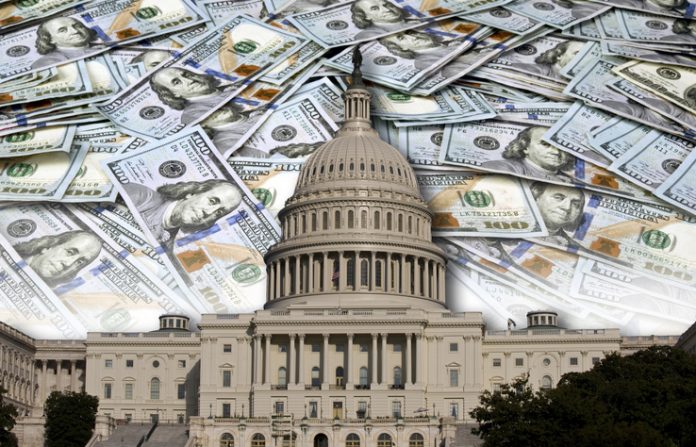By Brett Rowland
The Federal Employees Health Benefits (FEHB) program could be spending $1 billion a year on ineligible members, says Congress’s fiscal watchdog.
The report by the U.S. Government Accountability Office (GAO) has some federal lawmakers calling for more information and changes to prevent fraud and waste.
“This is a flagrant waste of funds and may be driving up premium costs for eligible participants,” House Committee on Oversight and Accountability Chairman James Comer (R-KY), wrote in a letter to the U.S. Office of Personnel Management (OPM).
About eight million federal employees and their families are enrolled in the FEHB. In 2021, the OPM began requiring some new program enrollees to verify their family members’ eligibility. However, the OPM doesn’t have a process to identify and remove ineligible family members who are already enrolled.
‘Vulnerable To Fraud’
The GAO report recommends the OPM take steps to remove ineligible family members and assess associated fraud risks.
The report highlighted some cases. For example, a federal employee fraudulently covered two people he claimed to be his wife and stepchild through the FEHB program. Both were ineligible, but they remained enrolled for 12 years. The program paid more than $100,000 in claims on their behalf, according to the GAO.
“This left the program vulnerable to fraud and improper payments associated with ineligible family members,” states the report.
‘Just Another Expense’
In a statement, Comer called on the OPM to provide documents, communications, and a briefing to Members of Congress.
“GAO’s report suggests OPM has been aware of this problem for years but has consistently failed to address it effectively,” said Comer. “To this day, according to GAO, ‘OPM does not plan to establish a monitoring mechanism to identify and remove ineligible family members who already have FEHB coverage.’ Making matters worse, GAO determined OPM’s annual fraud risk assessment of the FEHB program fails to cover ‘fraud risks associated with ineligible members in the program.’”
There is a more basic explanation for the problem, says Devon Herrick, a health care economist who edits The Health Blog at The Goodman Institute for Public Policy Research.
“Government agencies don’t necessarily view health coverage as a form of compensation like private businesses do,” said Herrick. “They instead see health benefits as just another expense. I think that makes them less likely to scrutinize ineligible enrollees.”
Brett Rowland (browland@watchdog.org) is an investigative reporter for The Center Square. A version of this article appeared in The Center Square on January 24, 2023. Reprinted with permission.





















